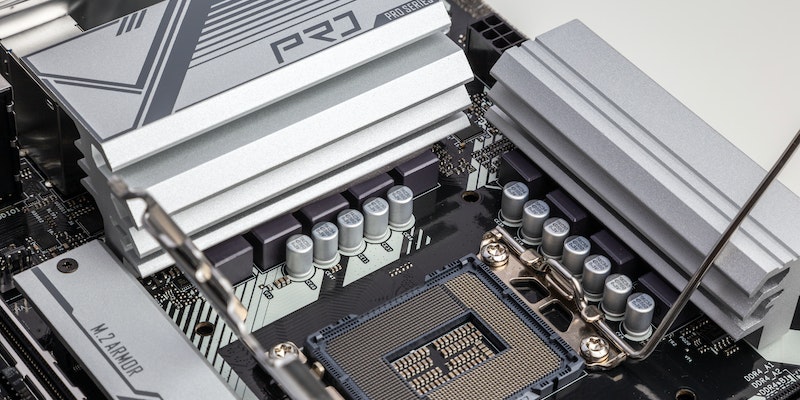Intel’s highly anticipated Meteor Lake CPUs for laptops have been generating buzz in the tech community. The latest information from Golden Pig Upgrade on Weibo sheds light on the initial release of Intel’s Meteor Lake Core Ultra 7 and Core Ultra 5 CPUs, with the high-end Core Ultra 9 laptops expected to hit the market in early 2024. In this article, we delve into the details surrounding Intel’s Meteor Lake CPU lineup and its potential impact on the laptop market.
Intel’s Meteor Lake CPU Lineup
The initial release of Intel’s Meteor Lake CPUs for laptops will include the Core Ultra 7 and Core Ultra 5 models. These chips are poised to deliver impressive performance gains compared to previous generations. However, consumers eager to experience the full power of Meteor Lake will have to wait until early 2024, when the high-end Core Ultra 9 laptops are set to debut.
Comparison with Existing CPUs
Intel aims to showcase the prowess of the Meteor Lake CPU lineup by directly comparing it to the Core i9-13900H Raptor Lake-H and AMD Ryzen 7 7840HS ‘Phoenix’ APUs. Both the Raptor Lake-H and Ryzen 7 7840HS will eventually be replaced by the Core Ultra 9 ‘Meteor Lake’ SKUs, highlighting the advancements and improvements of the upcoming Intel chipset family.
TDP Differences
When it comes to power efficiency, the Meteor Lake CPUs are expected to excel. The chips mentioned earlier boast TDPs of 35-45W at base clock, whereas the Meteor Lake CPUs are predicted to have lower base TDPs of 28W. This reduction in TDP not only improves power efficiency but also contributes to better thermal performance.
Gaming Laptop Availability
While the prospects of gaming laptops featuring Meteor Lake Core Ultra CPUs may excite many enthusiasts, it is worth noting that the initial availability of such laptops will be limited. Intel’s focus on the high-end market may mean that there will only be a few gaming laptops featuring these powerful CPUs initially.
Gaming Performance and GPUs
For those seeking enhanced gaming performance, Intel may offer some Core Ultra 9 options with discrete GPUs. However, the majority of laptops featuring Meteor Lake CPUs are likely to stick with Raptor Lake-HX CPUs for the time being. This decision stems from Intel’s strategy to balance performance and cost, ensuring a wider range of options for consumers.
Previous Hints and News
While the recent information regarding the Meteor Lake CPUs is exciting, glimpses of their potential have been observed in the past. These hints, coupled with the latest news, build anticipation for the release of Intel’s much-anticipated chipset family.
Pricing and Consumer Target
It should be noted that the initial set of Meteor Lake laptops is expected to exceed the $1500 mark, making them less affordable for mid-to-lower-end consumers. However, Intel aims to address this by expanding its offerings with the Raptor Lake Refresh, providing consumers with the option to upgrade to new generations with a comparatively lower price increase.
Release Date and Expectations
Although a specific release date for the Core Ultra 9 processors has yet to be announced, the initial set of Meteor Lake SKUs is rumored to be available by December 14th. This early release will allow users to witness the potential capabilities of Intel’s first true chipset family for laptops.
Intel’s Meteor Lake CPUs for laptops are set to propel performance and efficiency to new heights. The initial release of Core Ultra 7 and Core Ultra 5 CPUs showcases Intel’s commitment to innovation. While availability of gaming laptops may be limited at first, the future holds promise for more options, including high-end Core Ultra 9 laptops. With the upcoming release of the Meteor Lake chipset family, Intel is poised to deliver a significant leap forward in laptop performance and user experience.

